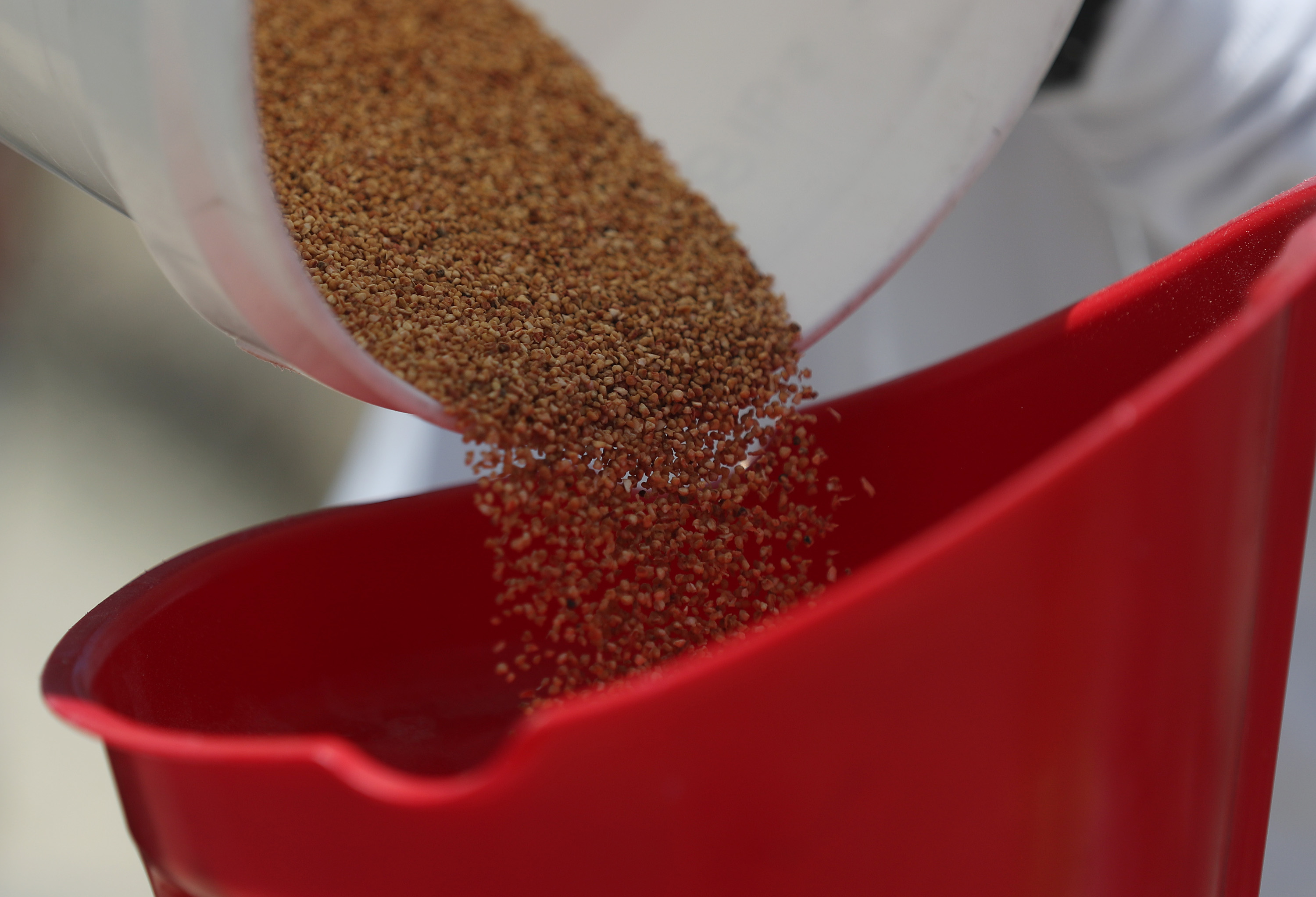More than 750 million genetically modified mosquitoes are set to be released into the Florida Keys in 2021 and 2022, despite pushback from local residents and environmental advocacy groups.
The Florida Keys Mosquito Control District (FKMCD) approved the release of Oxitec’s mosquitoes despite more than 2,000 comments from Florida residents opposing the genetically engineered bugs, according to Center For Food Safety. The board also rejected the proposal for a referendum on November’s ballot that would have asked Monroe County residents whether they’re OK with the trial, per the same report.
“With all the urgent crises facing our nation and the State of Florida-the Covid-19 pandemic, racial injustice, climate change-the administration has used tax dollars and government resources for a Jurassic park experiment,” said Jaydee Hanson, Policy Director for the International Center for Technology Assessment and Center for Food Safety.
“Now the Monroe County Mosquito Control District has given the final permission needed. What could possibly go wrong? We don’t know, because EPA unlawfully refused to seriously analyze environmental risks, now without further review of the risks, the experiment can proceed,” continued Hanson.
The Environmental Protection Agency (EPA) approved Oxitec’s pilot project in May. The program is designed to see if a genetically modified mosquito is a viable alternative to spraying insecticides to control the Aedes aegypti, which is a species of mosquito that carries several deadly diseases like dengue and yellow fever, per the same article.
The new male mosquito, named OX5034, has been modified to produce female offspring that die in the larval stage, which would prevent them from hatching and growing large enough to spread diseases.
“This is an exciting development because it represents the ground-breaking work of hundreds of passionate people over more than a decade in multiple countries, all of whom want to protect communities from dengue, Zika, yellow fever, and other vector-borne diseases,” Oxitec CEO Grey Frandsen said in a statement.
In 2009 and 2010, Florida experienced several local outbreaks of dengue fever, leaving the FKMCD desperate for a way to curb the spread of the virus. The district reached out to Oxitec which had developed a male mosquito named OX513A which was programmed to die before adulthood unless grown in water that contained the antibiotic tetracycline. (RELATED: Florida Keys Residents Object To Release Of Genetically Modified Mosquitos)

KEY LARGO, FLORIDA – JULY 08: Chris Law from the Florida Keys mosquito control department loads a drone with BTI larvicide (Photo by Joe Raedle/Getty Images)
Batches of OC513A would be mated with females, and their offspring would inherit the “kill” programming and die, thereby limiting population growth, according to CNN.
OX513A was successfully tested in Brazil, Panama and the Cayman Islands, prompting FKMCD to look into their own mosquito species to curb the population growth in Florida, according to the report.
However, more than 100,000 people signed a Change.org petition against the proposal, according to CNN.
The EPA requires Oxitec to notify state officials 72 hours before releasing OX5034 and to conduct ongoing tests for at least 10 weeks to make sure none of the female mosquitoes reach adulthood, per the report.
Environmental groups have raised concerns that the genetically modified male mosquitoes could harm other insects that feed on mosquitoes like birds, insects and mammals.
“The release of genetically engineered mosquitoes will needlessly put Floridians, the environment and endangered species at risk in the midst of a pandemic,” said Dana Perls, food and technology Program Manager at Friends of Earth, according to the Center For Food Safety statement.


